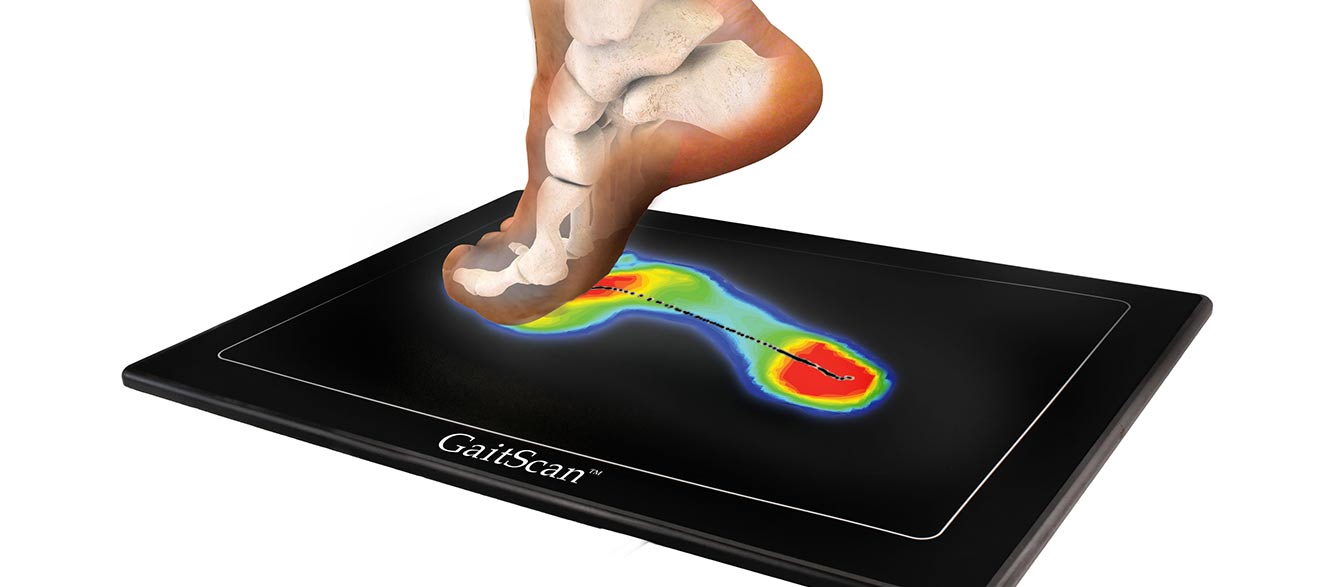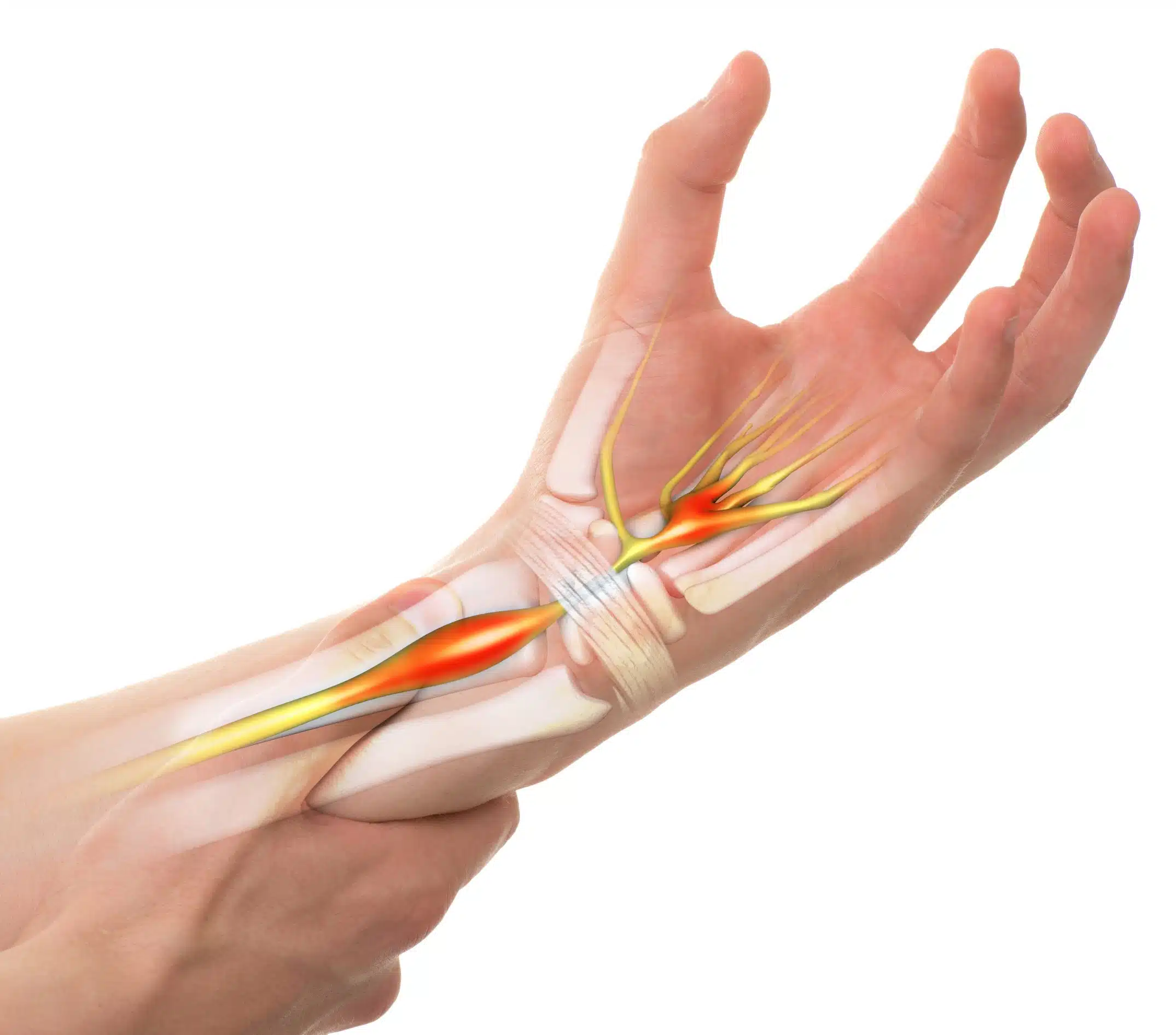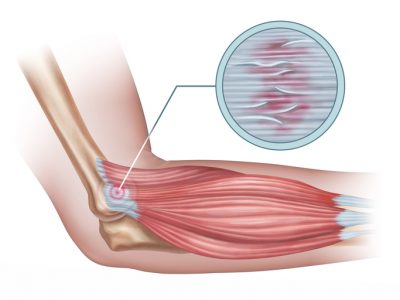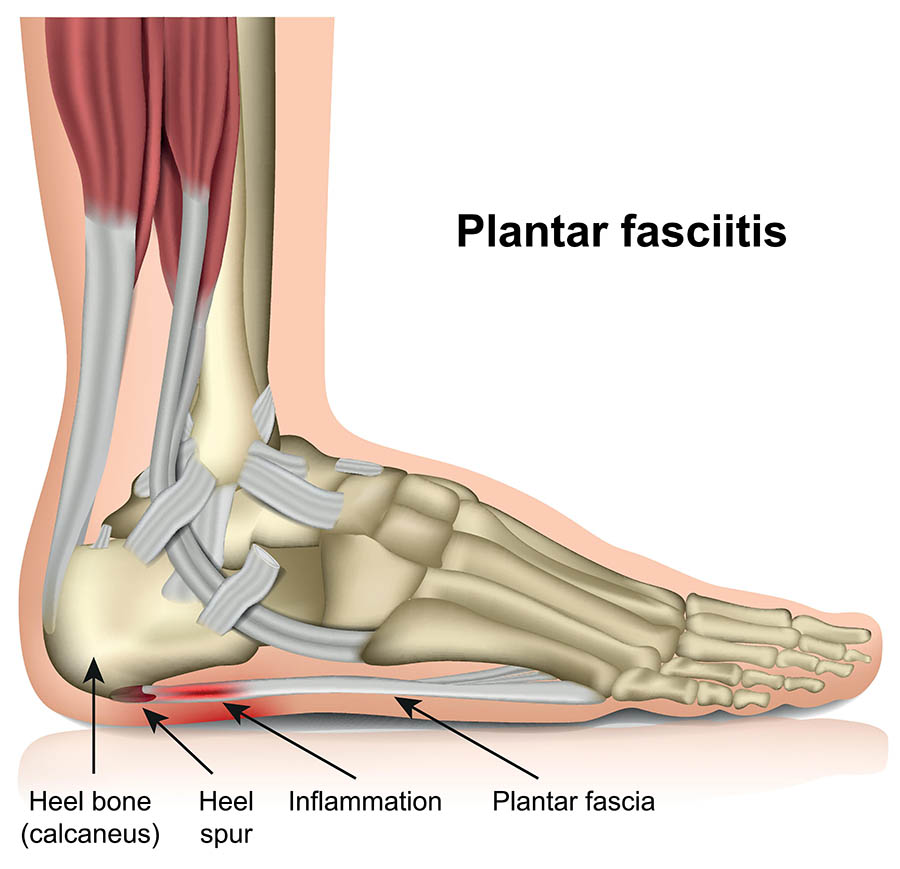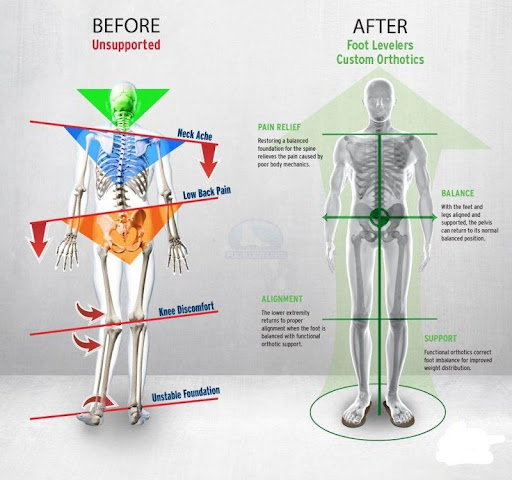Physiotherapy Benefits: Move Better, Hurt Less, Recover Faster
Uncategorized
- by avantic
- 7 Min Read
- February 28, 2024

Are you struggling with chronic pain or a nagging injury? Physiotherapy might just be the solution you’re looking for. Whether you’re dealing with back pain, a sports injury, or recovering from surgery, physiotherapy can be beneficial for your physical struggles and get back to living your best life. With its holistic approach and evidence-based treatment techniques, physiotherapy addresses a wide range of problems and works towards long-term solutions.
Common Problems Treated by Physiotherapy
Physiotherapy is a specialized form of therapy that focuses on restoring and optimizing the body’s physical function. It is suitable for people of all ages and can address various health issues. Here are some common problems that physiotherapy can effectively treat:
Musculoskeletal Problems
Musculoskeletal problems refer to conditions that affect the muscles, bones, joints, ligaments, and tendons. These problems can cause pain, stiffness, limited mobility, and reduced function. Physiotherapy offers a range of techniques to treat musculoskeletal problems, including exercises, manual therapy, and modalities such as ultrasound or electrical stimulation. By targeting the affected area, physiotherapy helps reduce pain and inflammation, improve flexibility and strength, and restore normal movement patterns.
Sports Injuries
Sports injuries are common among athletes and active individuals. Whether it’s a sprained ankle, a torn muscle, or a stress fracture, these injuries can significantly impact performance and sideline individuals from their favourite activities. Physiotherapy plays a crucial role in the rehabilitation of sports injuries. Through a comprehensive assessment and personalized treatment plan, physiotherapists help athletes recover from their injuries, regain strength and flexibility, and prevent future recurrences. Treatment techniques may include manual therapy, therapeutic exercises, taping, and specific sports-specific training.
Post-Surgical Rehabilitation
After undergoing surgery, the road to recovery can be challenging. Physiotherapy plays a vital role in post-surgical rehabilitation, helping patients regain strength, mobility, and function. Whether it’s a joint replacement, spinal surgery, or any other procedure, physiotherapists work closely with patients to develop a tailored rehabilitation program. This may include exercises to improve range of motion, strength training, and functional movements. By following a structured rehabilitation plan, patients can recover faster and minimize complications.
Neurological Conditions
Neurological conditions affect the nervous system, including the brain, spinal cord, and nerves. These conditions can lead to mobility issues, muscle weakness, balance problems, and impaired coordination. Physiotherapy can help individuals with neurological conditions improve their physical function and quality of life. Physiotherapists use techniques such as neurodevelopmental therapy, gait training, balance exercises, and functional movements to address specific impairments and promote independence. The goal is to optimize physical function, enhance mobility, and maximize participation in daily activities.
Pediatric Conditions
Physiotherapy is not limited to adults; it is also beneficial for children with various conditions. From developmental delays to congenital disorders, physiotherapy can help children improve their motor skills, coordination, and overall physical function. Physiotherapists use play-based therapy approaches to engage children and make the sessions enjoyable. Treatment may include exercises, positioning techniques, and activities that promote balance, strength, and flexibility. By addressing specific challenges early on, physiotherapy can significantly improve a child’s development and future outcomes.
Women’s Health Issues
Women’s health issues can range from pelvic pain and incontinence to pregnancy-related musculoskeletal problems. Physiotherapy offers specialized treatments to address these concerns and improve women’s overall well-being. For example, pelvic floor physiotherapy can help women regain control and strength of their pelvic floor muscles, which can alleviate pain and improve bladder and bowel function. Pregnancy-related physiotherapy focuses on supporting women throughout their pregnancy and postpartum journey, addressing musculoskeletal discomfort and promoting a smooth recovery.
Benefits of Physiotherapy
Physiotherapy offers numerous benefits for individuals seeking to improve their physical health and well-being. Here are some key advantages of physiotherapy:
- Improved Mobility: Physiotherapy helps restore and enhance mobility, allowing individuals to move freely and engage in various activities without limitations.
- Reduced Pain: Physiotherapy techniques such as manual therapy, exercises, and modalities can effectively reduce pain and inflammation, providing relief for chronic pain sufferers.
- Enhanced Sports Performance: Athletes can benefit from physiotherapy by improving their strength, flexibility, and movement patterns, leading to enhanced sports performance and reduced risk of injuries.
- Faster Recovery from Injuries: Physiotherapy plays a critical role in the rehabilitation process, helping individuals recover faster and regain their pre-injury function.
- Comprehensive Approach: Physiotherapists not only treat the symptoms but also identify the root cause of the problem, ensuring a comprehensive approach to care and long-term solutions.
Conclusion
Physiotherapy is a valuable healthcare profession that addresses a wide range of problems and helps individuals overcome physical limitations. Whether you’re dealing with chronic pain, recovering from an injury, or seeking to optimize your physical function, physiotherapy can make a significant difference in your life. By seeking the expertise of a qualified physiotherapist, you can expect improved mobility, reduced pain, enhanced sports performance, and a faster recovery from injuries. Don’t let physical limitations hold you back—consult a physiotherapist today and start your journey towards a pain-free life. What are you waiting for?
Frequently Asked Questions
What problems can physiotherapy effectively treat?
Physiotherapy can effectively address musculoskeletal problems, sports injuries, post-surgical rehabilitation, neurological conditions, pediatric conditions, and women’s health issues.
What are the benefits of physiotherapy?
Physiotherapy offers improved mobility, reduced pain, enhanced sports performance, faster recovery from injuries, and a comprehensive approach to care.
Is physiotherapy suitable for all age groups?
Yes, physiotherapy is suitable for people of all ages, and it can address various health issues across different age groups.
How does physiotherapy help in post-surgical rehabilitation?
Physiotherapy aids in post-surgical recovery by focusing on regaining strength, mobility, and function through tailored rehabilitation programs and exercises.
List of Common Problems Addressed by Physiotherapy
- Musculoskeletal Problems: Physiotherapy targets pain, stiffness, and limited mobility caused by muscle, bone, joint, ligament, and tendon issues. Techniques include exercises, manual therapy, and modalities like ultrasound.
- Sports Injuries: From sprained ankles to muscle tears, physiotherapy aids in rehabilitation through personalized treatment plans, manual therapy, therapeutic exercises, and sports-specific training.
- Post-surgical Rehabilitation: Physiotherapy helps patients recover strength and mobility after surgeries like joint replacements or spinal procedures, reducing complications and speeding up recovery.
- Neurological Conditions: Physiotherapy addresses mobility issues, muscle weakness, and impaired coordination caused by neurological conditions, aiming to enhance physical function and independence.
- Pediatric Conditions: Physiotherapy benefits children with developmental delays and congenital disorders, improving motor skills and overall physical function through play-based therapy approaches.
- Women’s Health Issues: Specialized physiotherapy treatments address pelvic pain, inconvenience, and pregnancy-related musculoskeletal problems, promoting overall well-being.






